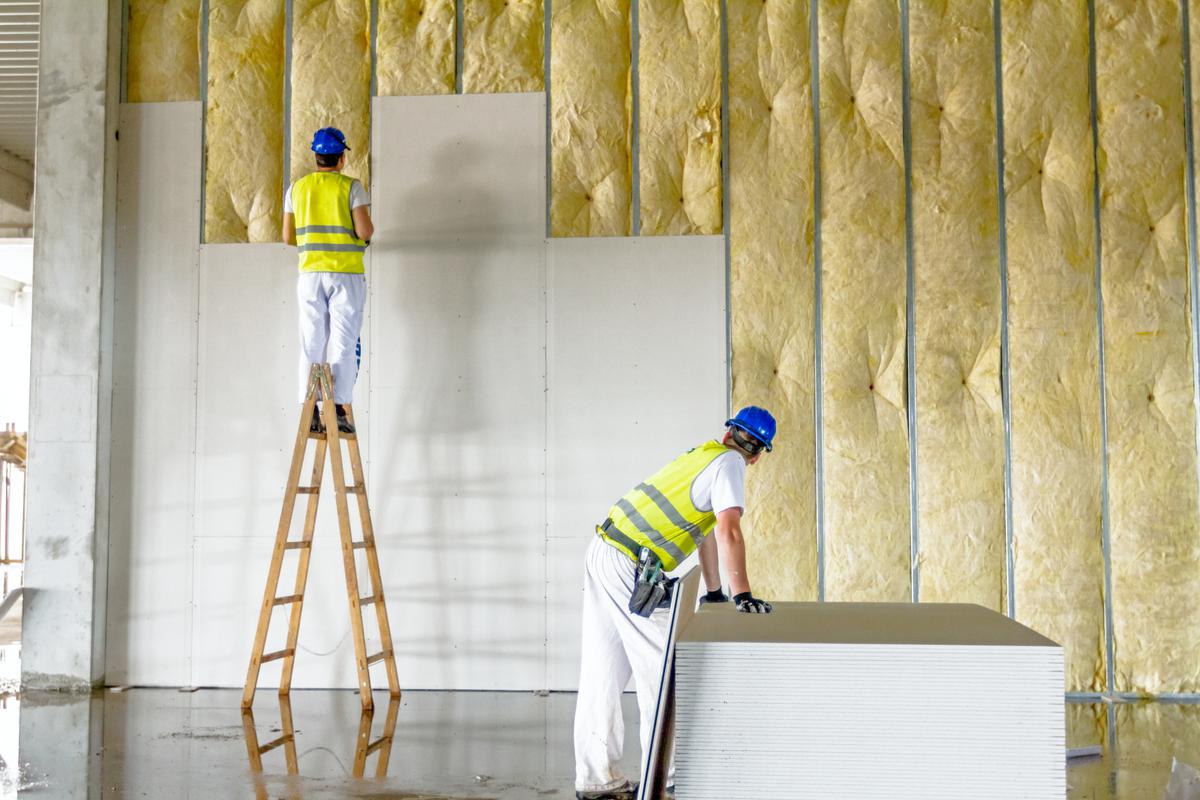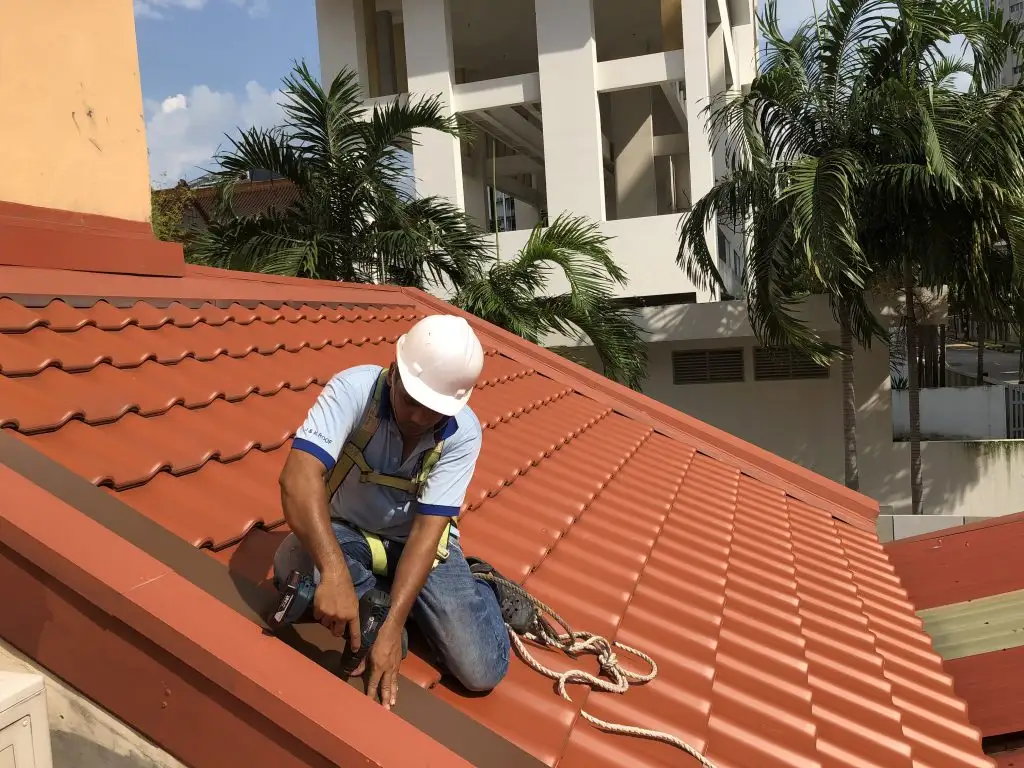The Pros and Cons of Living in a Gated Community

Credit it to the Romans centuries ago who in their ingenuity built fortified towns to keep everyone safe. The logic is simple. You erect walls, control the coming and going, put guards, and put everything you hold dear inside.
But the castle is another story altogether. While fortified towns held lots of people together in one big walled place, castles were more specific to the lord or king who occupied. The history of how castles made it to England can be traced to William the Conqueror, the Norman who invaded the British country successfully in 1056. The conqueror-turned-king erected castles all over England to secure the land he conquered putting a lord as an administrator in each castle.
Today, the few nobles that roam the Earth live in palaces. Castles still exist but living in one is no longer as enviable as in the Middle Ages and many have become relics of the past, worthy only as museums today. The closest thing we have to guarded existence is a gated community. While many people consider it as being of privilege, it’s not totally one without its downsides.
If you’re looking for a place to call home, being able to get a good grasp on what makes a gated community tick is paramount. For starters, like a castle of old, it sure offers some measure of protection. But it may also come at a price that could be too steep for you.
The Case for Gated Communities
It’s hard to have kids play on the streets with so many vehicles coming and going. If you live in the city and near the main street, you know this to be true. Your life ebbs and flows with the traffic. You can have ample silence and peace of mind only if the traffic stops. Plus, you’ll have to worry about your kids getting rammed by vehicles outside if they’re not careful.
But you won’t have that much problem in a gated community. Your kids can play safely. As it’s private, vehicles are few and far between, limited only to people living inside. Indeed, it’s a lot more difficult to access than your standard community such as an apartment.
Criminal activity is largely down to the utmost minimum as strangers can’t just barge in with security keeping a tab on who is coming in and going out. Added to this, you need not be bothered by solicitors. No one can come in without the guards letting them in.
Indeed, there are a lot lesser speeding cars too behind community gates, allowing your kids to play outside and roam around with their bicycles and scooters.
And yes, people are more civilized. Usually, you live within a community with a higher standard in terms of home quality and code of conduct. There are no hobos to worry about or any neighbor with a bizarre house design and unkempt front yard.
Best of all, you can mingle and party with the right kind of people. With social events such as a tennis tournament or a community-endorsed party, your social life is bound to get a timely boost.
The Down Sides
Of course, it’s tempting to call a mortgage broker to book you a lender once you see a gated community house available for the taking. Brokers save you a lot of time and legwork and may make short work of your loan application as they’re well-connected.
But before you jump at the phone, take note there are negatives in living inside a gated community.
To boot, know that some gated communities are kept from the outside world by a keypad-operated automated gate and not the human guards you deem fit. That can certainly be a factor if you want greater security.
Take note that automated gates aren’t as foolproof as live guards. Once someone in the community gives the code to an Amazon delivery guy, breaching isn’t really such a hard endeavor.
As for crime, though crime rates inside gated communities are rare, they do happen. A study recently posted in detail that even when burglaries are not as prevalent in gated communities as in non-gated ones, the risk of “intimate partner violence” is high. We’re talking about a violent assault by someone in or just near the property.
But perhaps, the greatest pain for you is the exorbitant price tag that comes attached with living inside a gated community. Take note that compared to most non-gated living, secured living comes with high asking prices, not to mention costly Homeowner’s Association (HOA) fees.
Indeed, someone has to pay for that extra security posted on the gates. And how about the upkeep of the common places such as swimming pools and possibly the basketball courts, tennis courts and the clubhouse?
Then there’s the case for potholes on the road in front of your house. As usually they’re considered private, you may have no recourse but to foot the bill, unless you can negotiate with your neighbor which is unlikely.
The Isolated Island
Gated community living can work against you too. Think about it. If you’ve just bought a new car which unfortunately for you doesn’t yet carry the needed stickers, you may have to wait for some time and call some influential HOA officer before guards will let you in.
Yes, the waiting game puts forward how gated living can be a thorn in your side. If you have family or friends coming in, you will have to put your voice through every time to let them in. That can certainly test your patience if it’s the holidays and a hundred visitors are at the gates waiting for a savior.
Indeed, there are downsides to living in a gated community. If you feel the benefits are bigger, then go right ahead. What’s important is you weigh things well before you make the final jump.





